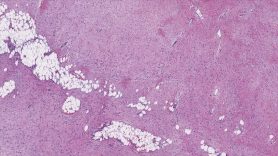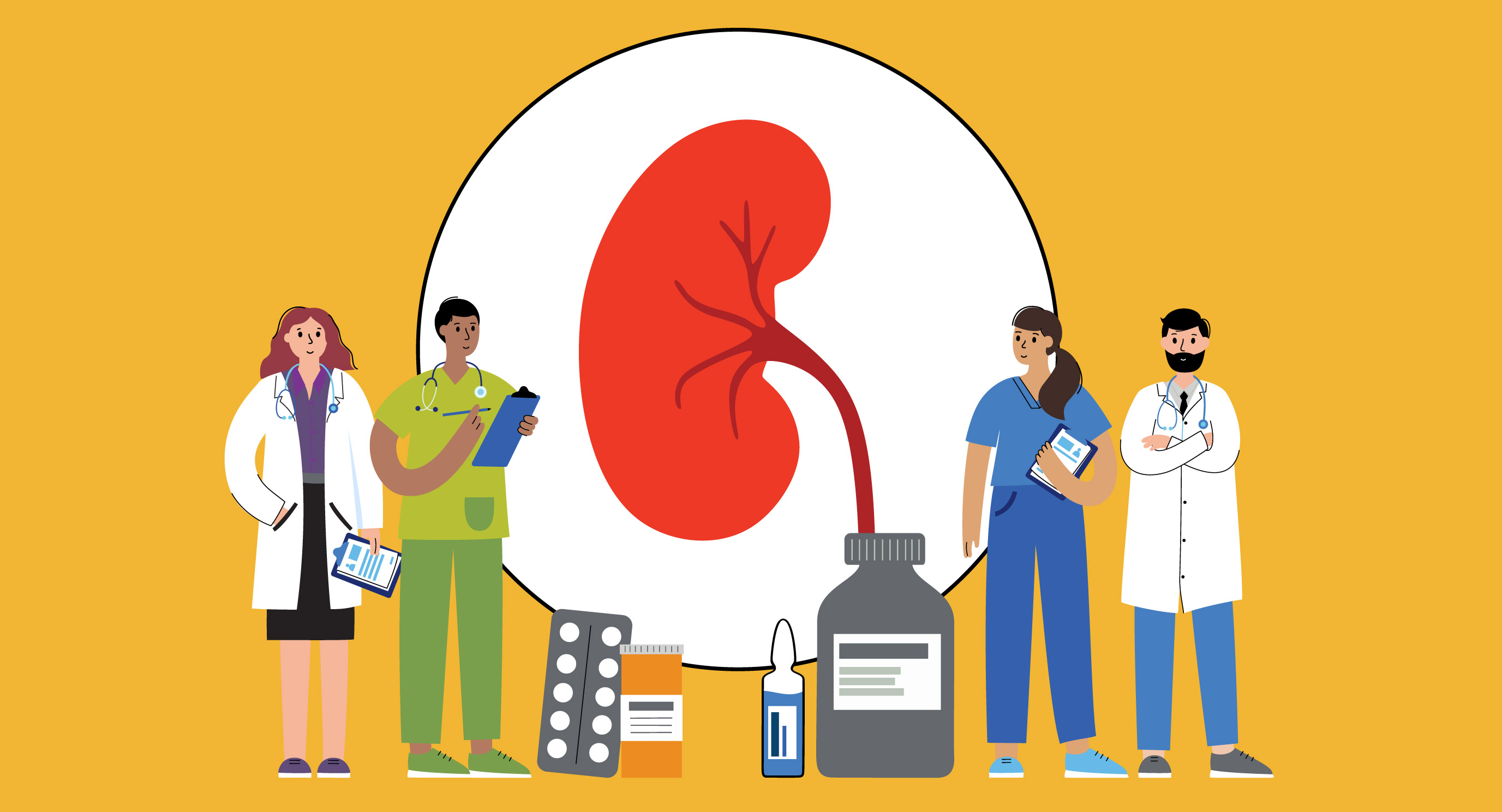- Diseases
- Acoustic Neuroma (16)
- Adrenal Gland Tumor (24)
- Anal Cancer (70)
- Anemia (2)
- Appendix Cancer (18)
- Bile Duct Cancer (26)
- Bladder Cancer (74)
- Brain Metastases (28)
- Brain Tumor (234)
- Breast Cancer (726)
- Breast Implant-Associated Anaplastic Large Cell Lymphoma (2)
- Cancer of Unknown Primary (4)
- Carcinoid Tumor (8)
- Cervical Cancer (164)
- Colon Cancer (168)
- Colorectal Cancer (118)
- Endocrine Tumor (4)
- Esophageal Cancer (44)
- Eye Cancer (36)
- Fallopian Tube Cancer (8)
- Germ Cell Tumor (4)
- Gestational Trophoblastic Disease (2)
- Head and Neck Cancer (14)
- Kidney Cancer (130)
- Leukemia (342)
- Liver Cancer (50)
- Lung Cancer (286)
- Lymphoma (278)
- Mesothelioma (14)
- Metastasis (30)
- Multiple Myeloma (100)
- Myelodysplastic Syndrome (60)
- Myeloproliferative Neoplasm (6)
- Neuroendocrine Tumors (16)
- Oral Cancer (102)
- Ovarian Cancer (178)
- Pancreatic Cancer (160)
- Parathyroid Disease (2)
- Penile Cancer (14)
- Pituitary Tumor (6)
- Prostate Cancer (150)
- Rectal Cancer (58)
- Renal Medullary Carcinoma (6)
- Salivary Gland Cancer (14)
- Sarcoma (238)
- Skin Cancer (300)
- Skull Base Tumors (56)
- Spinal Tumor (12)
- Stomach Cancer (66)
- Testicular Cancer (28)
- Throat Cancer (92)
- Thymoma (6)
- Thyroid Cancer (100)
- Tonsil Cancer (30)
- Uterine Cancer (86)
- Vaginal Cancer (18)
- Vulvar Cancer (22)
- Cancer Topic
- Adolescent and Young Adult Cancer Issues (22)
- Advance Care Planning (12)
- Biostatistics (2)
- Blood Donation (18)
- Bone Health (8)
- COVID-19 (360)
- Cancer Recurrence (120)
- Childhood Cancer Issues (120)
- Clinical Trials (628)
- Complementary Integrative Medicine (22)
- Cytogenetics (2)
- DNA Methylation (4)
- Diagnosis (238)
- Epigenetics (6)
- Fertility (62)
- Follow-up Guidelines (2)
- Health Disparities (14)
- Hereditary Cancer Syndromes (128)
- Immunology (18)
- Li-Fraumeni Syndrome (8)
- Mental Health (122)
- Molecular Diagnostics (8)
- Pain Management (62)
- Palliative Care (8)
- Pathology (10)
- Physical Therapy (18)
- Pregnancy (18)
- Prevention (936)
- Research (390)
- Second Opinion (78)
- Sexuality (16)
- Side Effects (616)
- Sleep Disorders (10)
- Stem Cell Transplantation Cellular Therapy (216)
- Support (408)
- Survivorship (328)
- Symptoms (182)
- Treatment (1788)
Desmoid tumors: 8 things to know
5 minute read | Published October 27, 2023
Medically Reviewed | Last reviewed by an MD Anderson Cancer Center medical professional on October 27, 2023
Desmoid tumors are slow-growing, locally invasive tumors that develop in the body’s connective tissues. Also known as aggressive fibromatosis, they’re treated with many of the same therapies that are used on soft tissue cancers like sarcoma, including surgery and chemotherapy.
Not everyone considers desmoid tumors to be cancerous. So, are desmoid tumors benign or malignant? And, how are they usually diagnosed? We asked sarcoma specialist Shreyaskumar Patel, M.D., for insight.
Are desmoid tumors a type of cancer or not?
When faced with a binary choice like this, the right answer would have to be yes, they’re cancer, but there are important distinguishing characteristics.
Desmoids are a very low-grade, slow-growing, locally invasive tumor. So, they’re not benign in the truest sense of the word, in the same way that a lipoma (or a harmless fatty lump) is. Desmoid tumors can grow to impressive sizes that cause serious symptoms and make people miserable.
But these tumors also don’t metastasize, or spread to other areas of the body. And, they’re not one of those things that can eventually transform into something more malicious. That simply does not happen with desmoids. Once a desmoid, always a desmoid.
So, to be clear, desmoid tumors never metastasize?
Most desmoids are localized, but if they get large enough, they can compress or infiltrate surrounding structures, causing symptoms. But desmoid tumor cells don’t travel around the body through the bloodstream or lymphatic system creating new tumors in other locations.
About 1% to 3% of patients are predisposed to developing multiple desmoid tumors. But those are not the same thing as being truly metastatic. Instead, they’re considered multifocal, which means that independent growths arise spontaneously in multiple locations.
Do desmoid tumors have any symptoms?
Most desmoid tumors arise in the extremities, such as your arms and legs, but sometimes they develop in the abdomen, too. So, the symptoms depend on the tumor’s size and location.
For tumors in the extremities, patients usually notice a mass somewhere, growing at a very slow pace.
For tumors in the abdomen, symptoms can range from mild pain or a vague sense of discomfort or “heaviness” on one side to severe pain and a palpable lump. In extreme scenarios, patients may develop a bowel obstruction.
How are desmoid tumors usually diagnosed?
People usually feel a mass and get it checked out. They might have other symptoms, too, but not always. So, they’ll get a scan, then a biopsy, and then a diagnosis.
Desmoid tumors in the extremities are often mistaken for other conditions, such as hematomas (severe bruises) and lipomas. So, many times people learn they have them only because they’re getting a scan for something else.
How are desmoid tumors typically treated?
Desmoid tumors tend to wax and wane in terms of size, growing slowly for a while only to turn around and become stable or even shrink. So, we’ll start by “watching and waiting” first to gauge the tempo of each patient’s disease. There’s no one cookie-cutter approach.
That said, there are certain cases in which you’d need immediate treatment. If a desmoid tumor is causing severe symptoms, for instance, or growing in a location where it could cause serious complications, such as a bowel obstruction, we’ll look at whether surgery is an option. That might be the quickest way to get rid of it. But if the risks of the surgery outweigh the benefits, or the side effects would be too debilitating, we’ll start looking at alternatives.
The next thing we’ll consider is local interventions, such as radiation therapy or microwave/radiofrequency ablation. If those are not options, then we’ll move on to systemic drug therapies. There’s a wide spectrum of choices there, including hormonal therapies like tamoxifen, targeted therapies like tyrosine kinase inhibitors, and chemotherapy.
The odds of a good response to therapy increase the further down that path you go, but so does the chance of developing side effects. And, for a tumor that doesn’t metastasize, doesn’t transform into something more aggressive, and doesn’t have lethal implications, there’s no reason to jump right into chemo. There are lots of choices and options available, so we try to pick the one that’s best for each patient.
Are desmoid tumors associated with any genetic mutations?
Some are. About 20% to 25% of patients with desmoid tumors carry a mutation in the APC gene that causes a condition called familial adenomatous polyposis (FAP). This makes sheets of precancerous polyps grow in the intestinal tract. That population also has a 50% to 60% probability of developing mesenteric desmoid tumors (MDT), which grow deep inside the belly. Their development often stems from surgical procedures.
The classic scenario is when someone with a family history of cancer has polyps and discovers they carry this mutation, then follows their oncologist’s recommendation and has their entire colon removed. The surgeon goes in, and the abdominal cavity is pristine. Then, 6 to 18 months later, a CT scan of the abdomen or pelvis reveals a nodule at the drain site or a mass at the root of the mesentery, which is a membrane in the abdominal cavity that holds connected organs in place. And a biopsy shows that it’s a desmoid tumor.
There’s also a mutation called beta-catenin, or β-catenin, that’s present with many desmoid tumors. When diagnosis is tricky, you can always test for the β-catenin anomaly and confirm that it’s a desmoid tumor.
Why is it important for people with desmoid tumors — or even one of these mutations — to seek treatment at a place like MD Anderson?
It takes an expert pathologist to tell the difference between scar tissue and a desmoid tumor. But expertise and experience from multiple disciplines are required for optimal outcomes.
The ideal scenario is when surgical oncologists, radiation oncologists, and medical oncologists decide collectively the best management approach for each patient. That’s what we do here at MD Anderson.
What’s the most important thing you want people to know about desmoid tumors?
If you have to have a soft tissue tumor, this may be one of the better ones to have.
Request an appointment at MD Anderson online or by calling 1-877-632-6789.
Related Cancerwise Stories

The symptoms depend on the tumor's size and location.
Shreyaskumar Patel, M.D.
Physician





